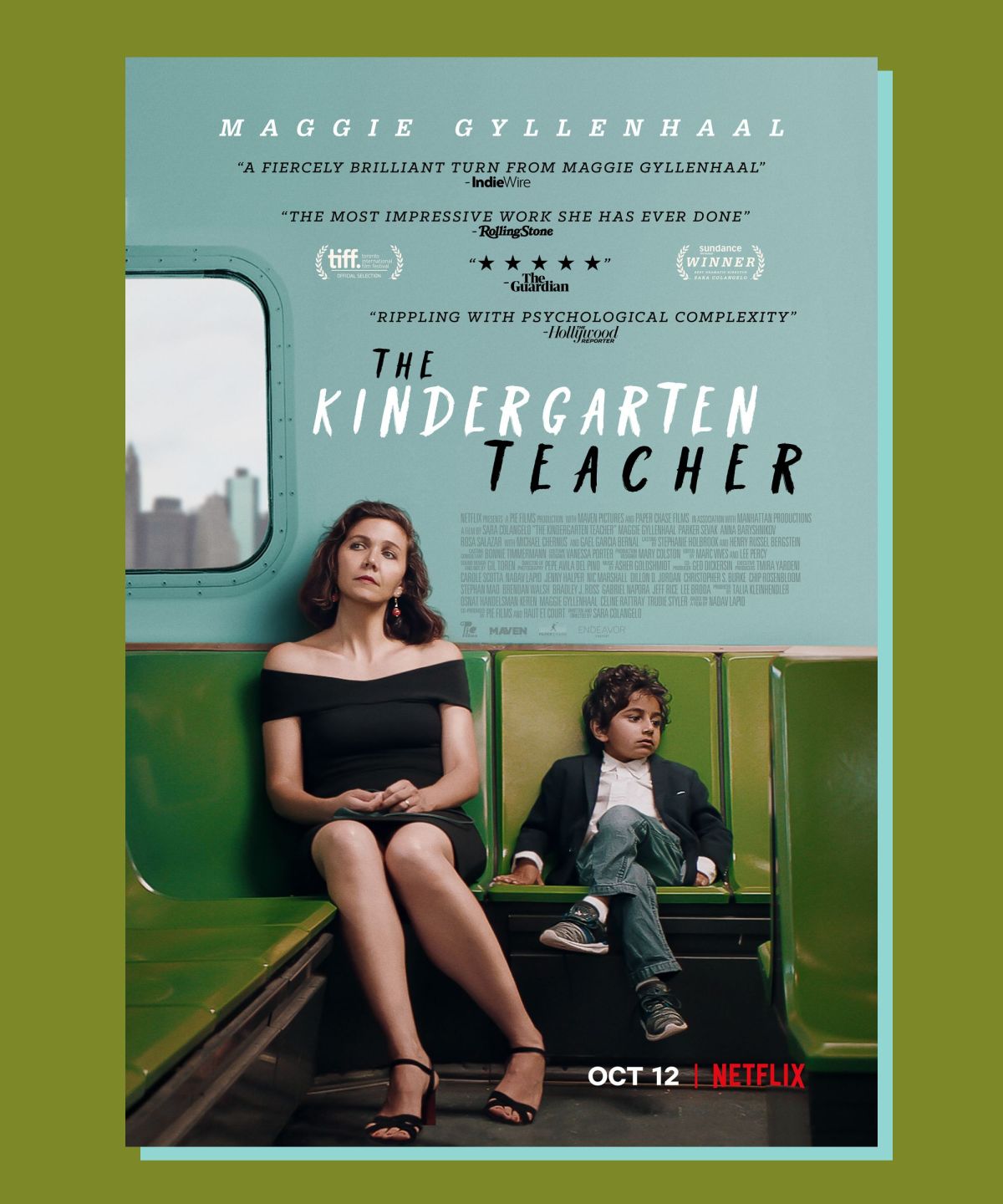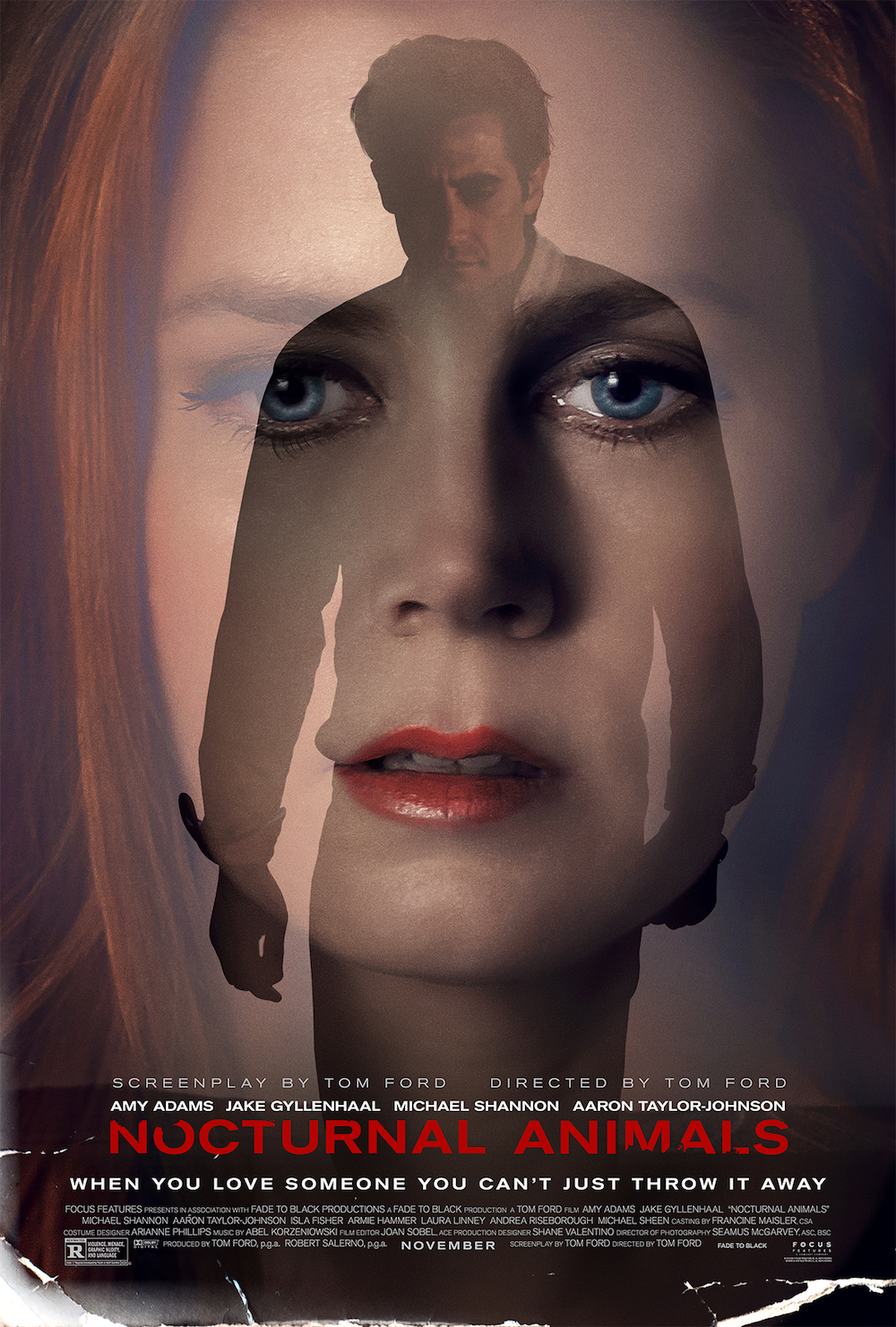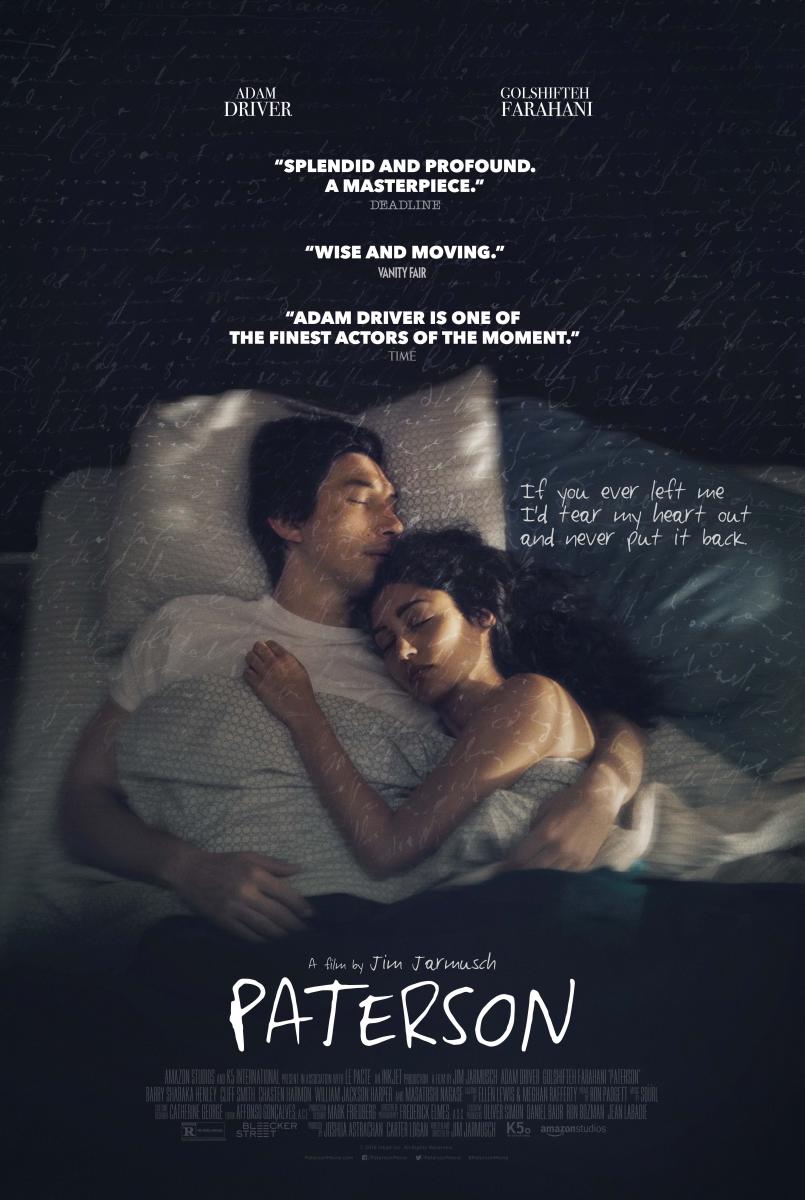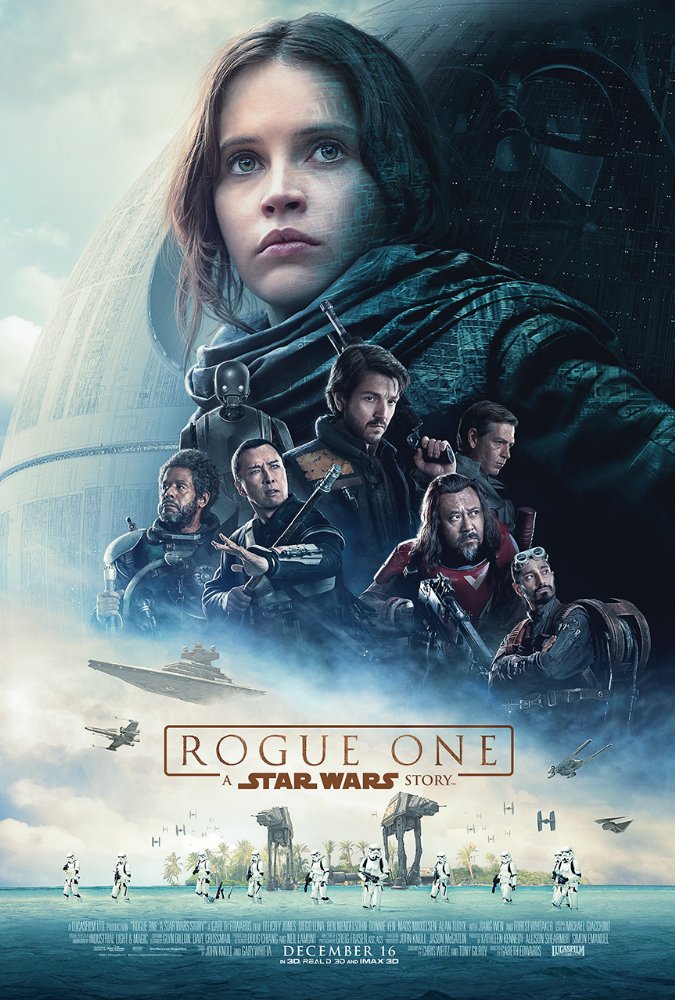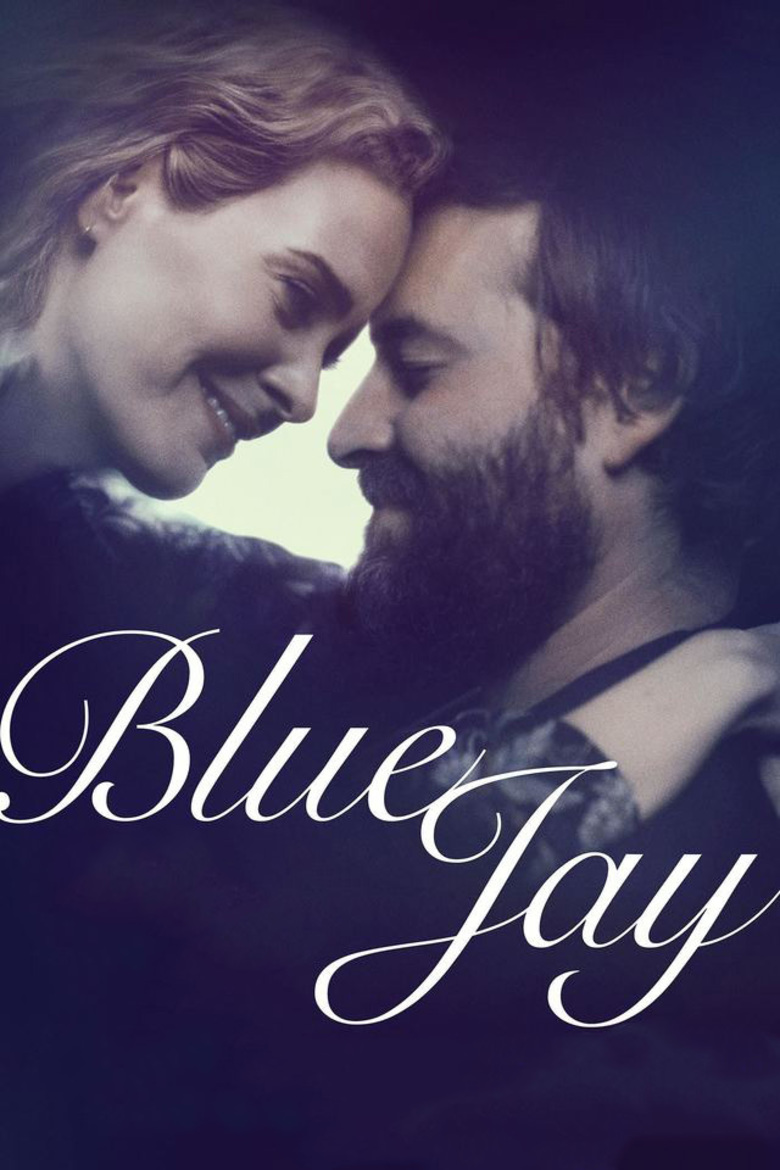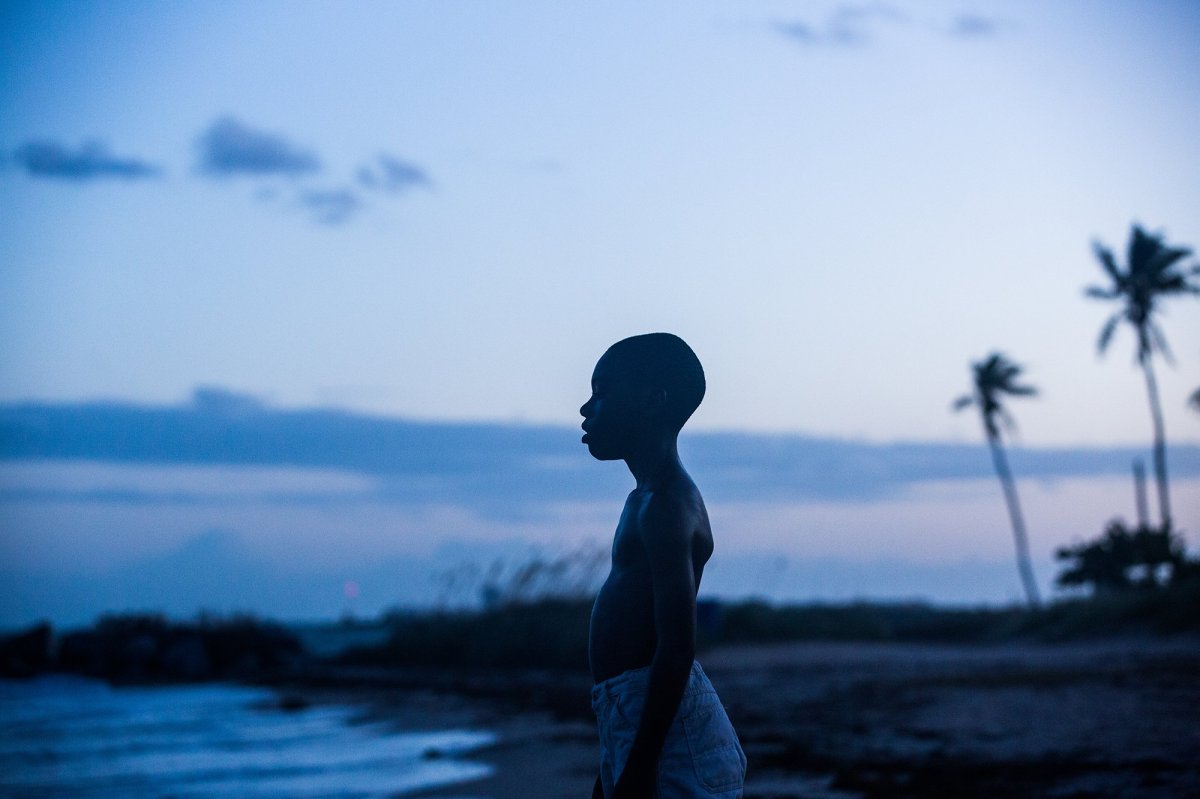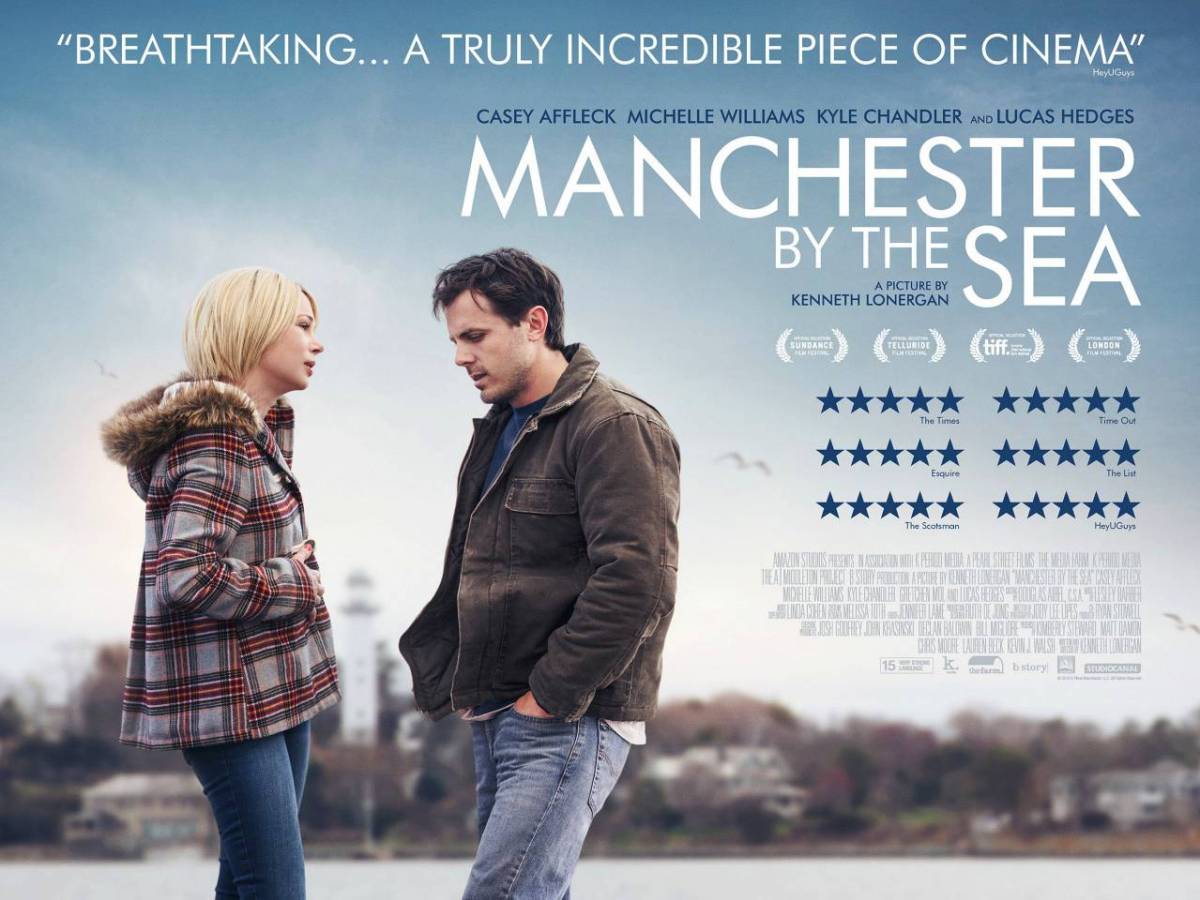How much value should we place on creative pursuits during our life? How can we find inner peace and contentment being “average”? What is “average”? How do we define a life that is “great”? All of these questions are raised during the film The Kindergarten Teacher, out now on Netflix streaming. While it may not provide clear answers, I believe these are deeply thought provoking ideas brought to the surface during the film.
The Kindergarten Teacher stars Maggie Gylennhaal and the young actor Parker Sevak in his first film. Gylennhaal, known most recently for her reoccurring role of Candy on the HBO series The Deuce, pours herself into the role of Lisa Spinelli; a kindergarten teacher for almost twenty years. She plays the role expertly, portraying a woman who is dissatisfied with the mundane repetition of life. She seeks more passion, excitement and exploration. Taking a nightly adult education poetry class, she attempts to fill the persistently felt void. Her interactions with her own children, both teenagers, are the most telling about her character. She believes that her kids are capable of achieving more, even if she’s not quite sure what the “more” is. Her daughter gets excellent grades and her son wants to join the military out of high school, and she still gives the impression they haven’t satisfied her. Her projection of her own desires for life onto her children is overt. Her relationship with her husband is an afterthought. You wonder what would make Lisa happy and fulfilled. When she discovers a five year old boy in her class who has a knack for poetry, she believes she may have found that fulfillment. Unfortunately, we the audience know better.
Jimmy is a quiet five year old with curly black hair and large inquisitive eyes. He never stands out until one day, Lisa sees him pacing back and forth, quietly reciting beautifully expressive lines of poetry. Lisa soon realizes he has a gift for poetry far beyond his years, and the writers of the film give him some truly splendid words to recite. Lisa understands that Jimmy has a talent that exceeds her own poetic abilities, and she takes it upon herself to become his creative counselor; attempting to coax more words and material out of him. Apart from the gift of poetry, Jimmy fits most typical five year old stereotypes. He likes running and playing and has an attention span to match his age. As their relationship develops, Lisa becomes more obsessive about Jimmy, but the movie never settles into black and white. Is she obsessed with Jimmy the child or more his talent? Is she envious of him and wanting to exploit him or is her protective nature towards his poetic sensitivity coming from an honest and good place?
In my opinion, the overarching question this film presents is: what should our priorities be in life? Jimmy’s father Nikhil, played by the actor Ajay Naidu, is a rarely-present dad who owns a nightclub and works what seems to be seven days a week. When Lisa confronts Jimmy’s father trying to make him understand his son’s creative gift and the importance of nurturing that gift, his father is clearly more interested in the grounded pursuit of financial stability. He mentions how his brother, who introduced Jimmy to poetry, is “only making fifty-thousand dollars a year” as a newspaper editor, and makes clear that he considers him a failure. Lisa, trying to underline her need of nurturing such a rare talent as Jimmy’s, draws comparisons to Mozart, but Nikhil is not impressed. But really, who’s right? Is it better to focus on making money and building financial stability, or should we concentrate on developing our talents, even if they lead us away from financial gain?
The ending of the film, while I think it is brilliant, comes as a melancholy reminder that there are no simple resolutions. In discussing the movie with my wife, we came to a satisfying point to consider. Why can’t we as a society be more content living in the world of the average? Why must everything be great? When the median individual income in the United States in 2016 was $31,099 (Source: Real Median Personal Income in the United States: https://fred.stlouisfed.org/series/MEPAINUSA672N), and Jimmy’s uncle makes $50,000 as an individual, which is more than 70% of individuals in this country, is that not enough? When Jimmy makes beautiful poems that people find moving, does he have to write wildly successful books and experience Mozart-levels of fame to be considered talented and important? Is his gift of poetry for everyone else to consume, or for his own enjoyment?
Here’s my soapbox moment: I think our country in particular has a sickness related to achievement and fame. I know I feel it every day, comparing my life to the levels of financial gain, notoriety on social media, and possessions attained by others. I try to be satisfied, but the constant messages we are bombarded with through the Internet, T.V., films, magazines, books and more, tell us we are not adequate. We should be smarter, faster, richer, thinner, more beautiful and, at the end of the day, different than who we currently are. I know it’s not a revolutionary thing to say, but we need to be better at being okay with the mundane. Finding the beautiful in the every day. Finding satisfaction in what we have, not what we should be. That is not to say we should not nurture talent, art, or creativity. But, the pursuit should be about the journey, not the destination. The place where happiness exists is already here, and nothing we do can manifest satisfaction as a final destination for tomorrow.
I want to leave you with a link to one of my favorite speeches of all time; a commencement speech by the late writer David Foster Wallace entitled This is Water. When I have trouble remembering that I don’t have to be Mozart or make a million dollars, I find that this speech helps to ground me. It helps me remember what is important. Maybe Lisa could have used this reminder as well.

